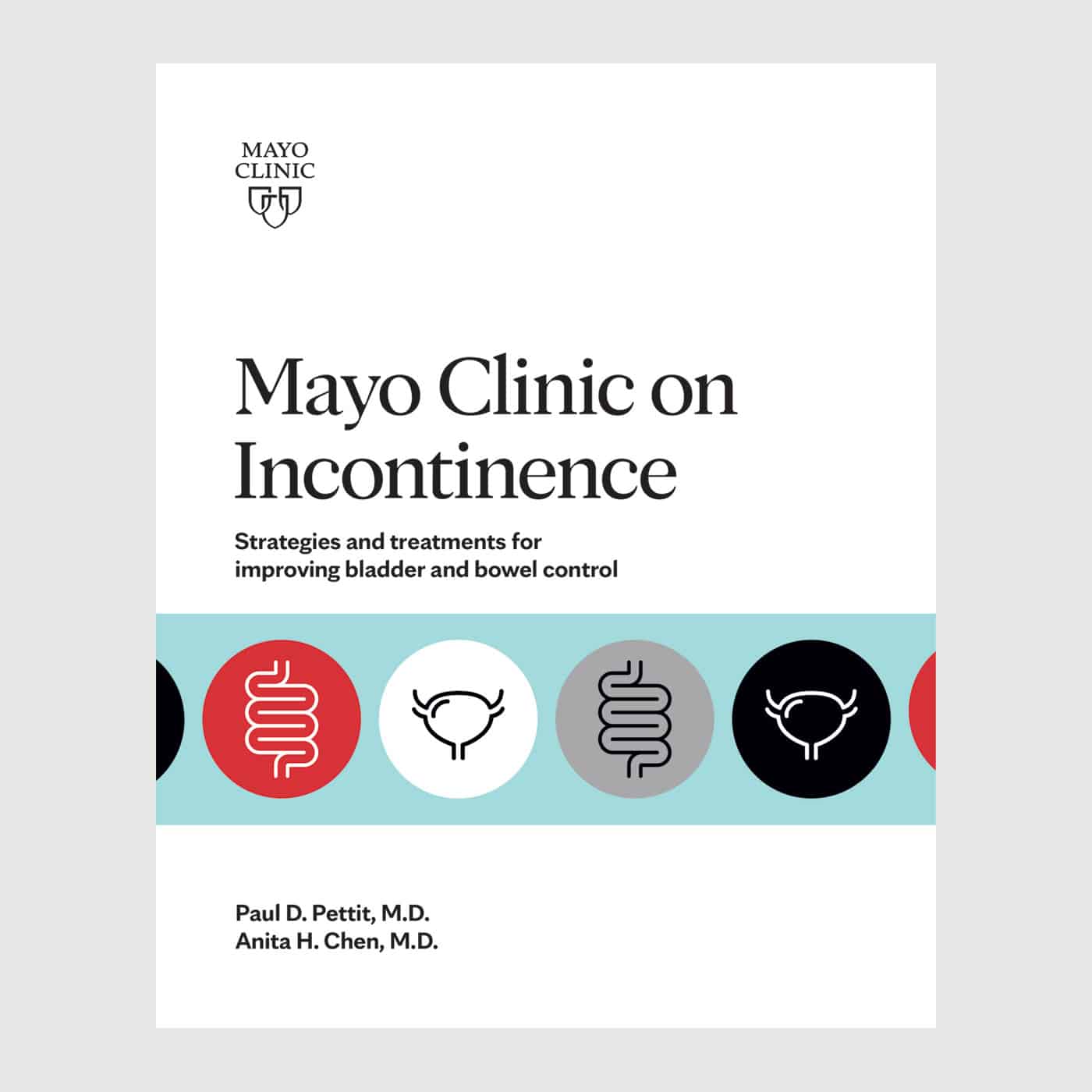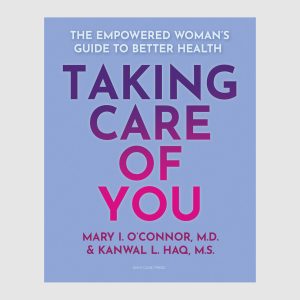
It can seem as if the world includes two kinds of people:
- Those who remain relaxed and comfortable no matter the chaos around them.
- Everyone else.
If you’re in the “everyone else” category, you just might be able to develop the ability to face pressing demands with more ease, says Denise M. Millstine, M.D., who specializes in integrative medicine and health at Mayo Clinic.
Get started by choosing and using one or more of the following low- and no-cost stress management strategies. Practice regularly, even on days when you don’t feel stressed. Eventually, these tools will feel familiar and help you to tackle your to-do list with more calm and focus.
Change your breathing
Many people try to talk themselves out of stress, telling themselves things like “just calm down” and “chill already.”
However, the fight-or-flight response doesn’t respond to this verbal logic.
“We don’t appreciate how powerful breathing exercises can be,” says Dr. Millstine. “If you slow your breathing and prolong your exhalation, you tell your nervous system that you’re safe. It’s a direct physiologic signal that communicates, ‘I’m ok.'”
This may be why many of us sigh, moan or audibly huff when confronted with stress. These sounds might accentuate the out-breath and help us calm down.
However, to fully benefit from breathing exercises, you’ll want to practice regularly, says Dr. Millstine.
“It’s like any other exercise. If you practice, you will get better at it,” she says.
Many apps and devices will help you alter your breath to promote relaxation. Alternatively, you can count your inhales and exhales. For example, you might inhale slowly to a count of 3, hold for a count of 3, and then exhale to a count of 4 or 5.
Prioritize rest and sleep
At first, it seems logical. To find the time you need to get more done, you stay up late at night or get up earlier in the morning.
However, if you regularly skimp on sleep, you’ll likely worsen your stress rather than alleviate it.
That’s because your brain and body won’t have enough downtime to recharge and recover. You’ll eventually wake up tired and with brain fog, slowing your productivity. As the fatigue interferes with your ability to get things done, you feel more rushed. Then, as you fall behind on daily tasks, the extra stress and worry keeps you up at night, creating a vicious circle.
Sleep needs vary from one person to another. However, many people do best when they sleep somewhere between 7 to 9 hours.
In addition, you’ll want to give yourself regular rest breaks.
“Rest and sleep are not the same,” says Dr. Millstine. Resting might include:
- Going for a walk.
- Sitting quietly.
- Snuggling with a pet.
- Talking to a friend.
- Practicing deep breathing.
- Watching silly videos.
- Listening to music.
- Taking a close look at nature, such as watching birds at a feeder.
“When your body is telling you to rest, it’s vital that you do. Otherwise, it will be very hard to get ahead of the stress,” says Dr. Millstine.
Get moving
Like sleep, exercise is often one of the first things to fall off the to-do list when people are stressed. However, by taking time to fit in some movement, you do more than help yourself to feel better. You also clear your head, which, like rest, enables you to get more done.
“Even though exercise doesn’t buy you more hours in the day, you might approach things more efficiently,” says Dr. Millstine.
Your exercise session also doesn’t have to last long. A five- or 10-minute walk may be all you need to shift your mental state, she says.
Snuggle with your pet
When we cuddle with our cherished human or animal friends, our brains release oxytocin. This chemical has become known as the “love hormone.” However, besides drawing us closer to our loved ones, oxytocin also can help us feel less stressed.
In addition, pets also keep us company and nudge us to do other activities that help relieve stress, such as heading outdoors for a walk.
Count your blessings
A gratitude practice can help you find meaning and shift from stressed and negative to more relaxed and positive.
In a study completed during the COVID-19 pandemic, 208 people were split into three groups. One group spent a few minutes daily writing about things they felt grateful for. Another group wrote daily about what was happening in their lives. Finally, a third group served as a control and did not complete a daily writing task.
Compared to the other groups, people in the gratitude group reported less stress and a more positive outlook.
To reap the benefits of gratitude, consider turning any of the below into a daily practice:
- Keep a gratitude journal.
- Write thank-you notes and letters to others.
- Each evening, jot down a list of events from that day that make you feel grateful.
- Each morning or evening, think about three things that you’re thankful for.
Do something that makes you laugh or smile.
When you’re rushed to get it all done, taking time out to watch a funny cat video or 30-minute sitcom may seem frivolous.
However, the resulting laughter may paradoxically help you slay that to-do list more effectively.
When you’re stressed, you might breathe shallowly and rapidly, which generates more stress and tension. However, when you laugh, your breathing naturally shifts. It’s deeper and more focused on the exhale, which is naturally calming.
Laughter also can stimulate circulation and aid muscle relaxation, which can help reduce some of the physical symptoms of stress.
Everyone’s sense of humor is different. So, tap into what makes you smile, says Dr. Millstine. You might do any of the following:
- Follow funny people or accounts on social media.
- Give yourself permission to watch funny baby or animal videos for a set period.
- Watch a sitcom or funny movie.
- Consider trying laughter yoga. In this type of yoga, people practice laughter as a group.
- Spend time with friends who make you laugh.
Relax with a hot beverage
There’s something comforting about wrapping your hands around a warm mug and slowly sipping its contents. Hot drinks also demand to be consumed slowly, helping to provide a much-needed timeout.
If you’re feeling anxious, opt for one of these herbal teas — all of which are caffeine-free.
Lemon balm
According to a study that pooled the data from 10 randomized trials involving 435 people, this mild-tasting herb from the mint family may help relieve both anxiety and depression.
Chamomile
Chamomile is rich in apigenin, a plant compound that may act as a mild sedative.
That’s likely why chamomile tea has been associated with sleep. However, it also can help you to relax during the day, says Dr. Millstine.
Passionflower
As with chamomile and lemon balm, passionflower may help induce a state of calm.
Please keep in mind: The above strategies are no replacement for medical care. So, if you have an anxiety disorder, you should seek professional help. However, if you are feeling anxious and stressed, tending to your breathing, rest and movement with the addition of joyful practices just might make a difference.

Relevant reading
Mayo Clinic on Incontinence
For those living with incontinence, an overactive bladder can make day-to-day life unmanageable. Mayo Clinic on Incontinence is a modern-day guide to the new medications, therapies, treatment plans, and surgical options available to those living with incontinence. If you’re suffering from unwanted symptoms of incontinence—like an uncontrollable bladder and bowel…



















